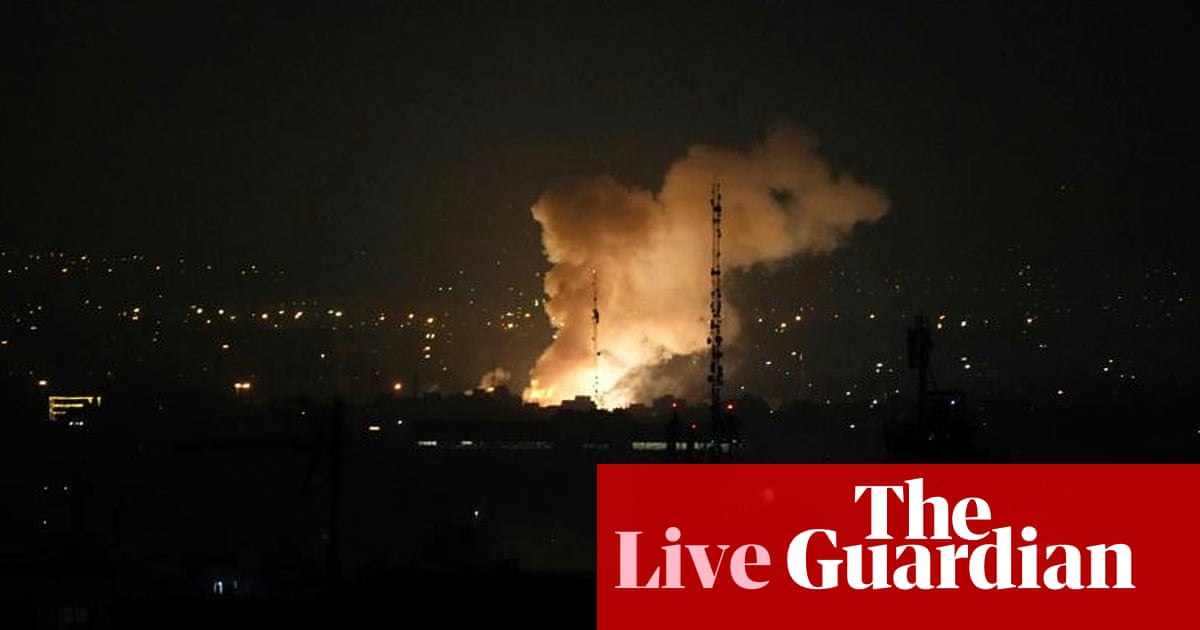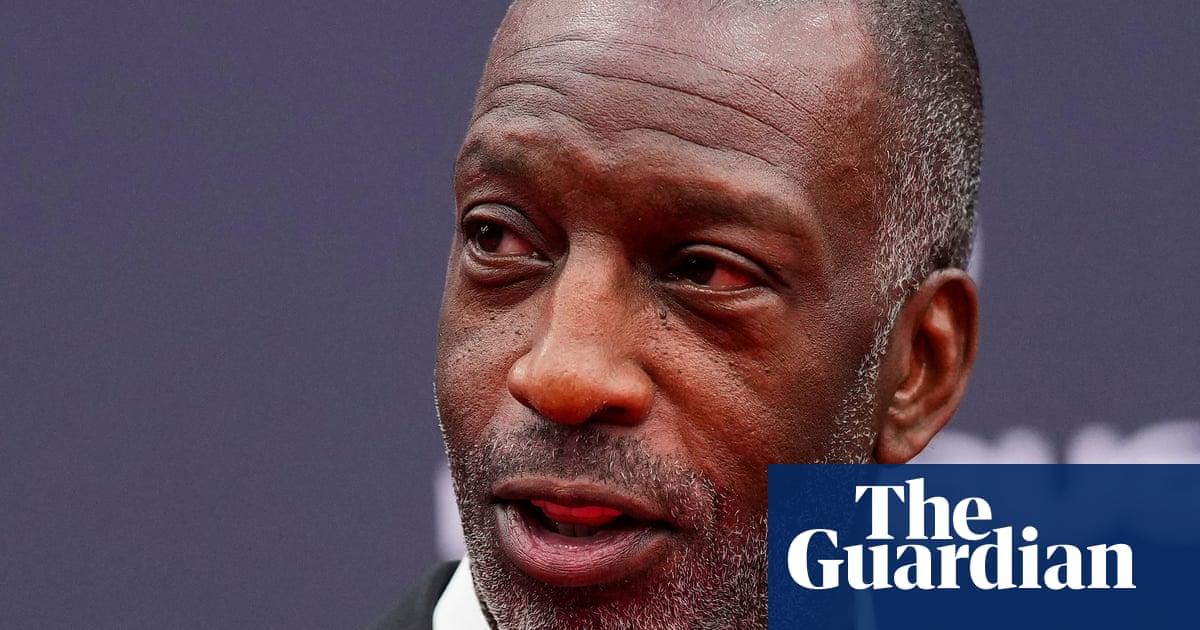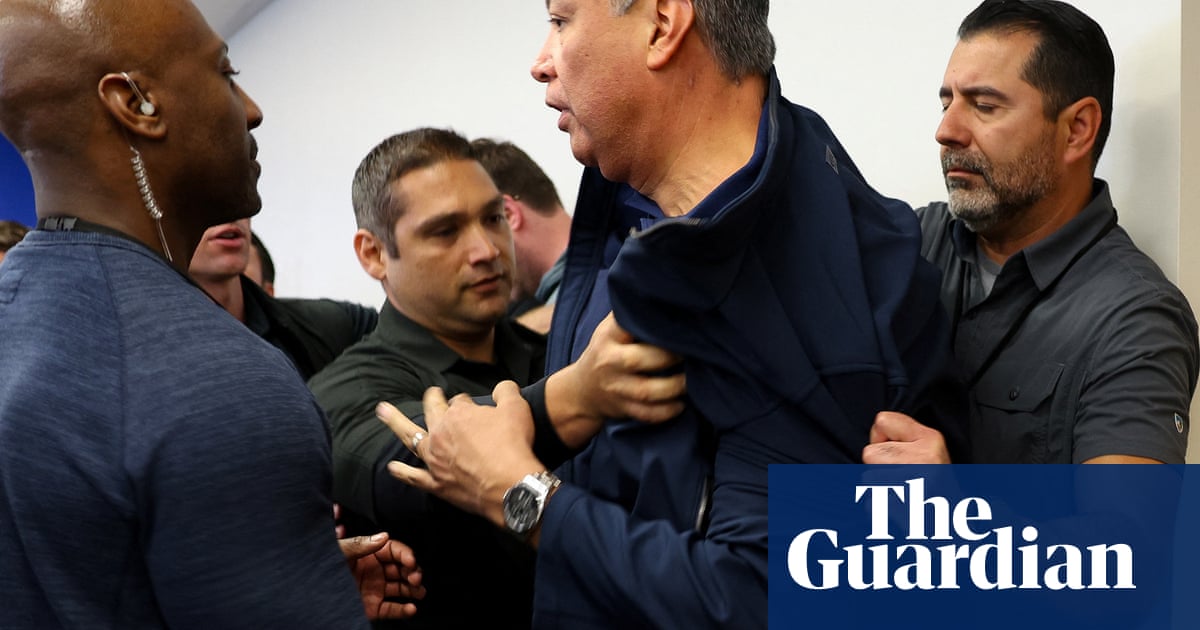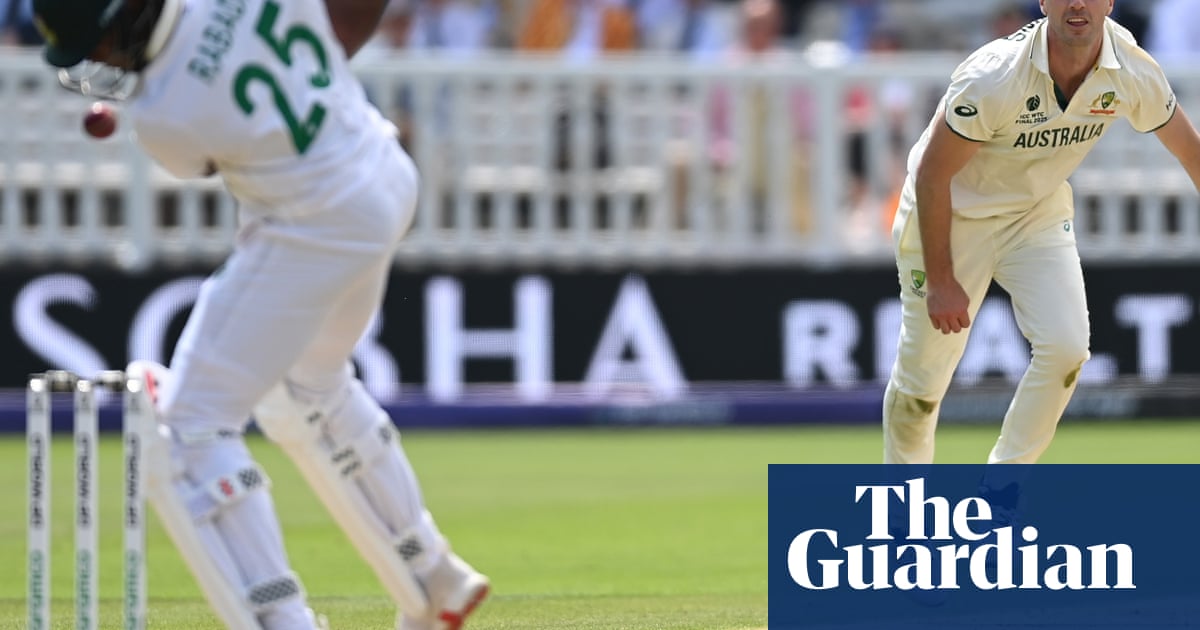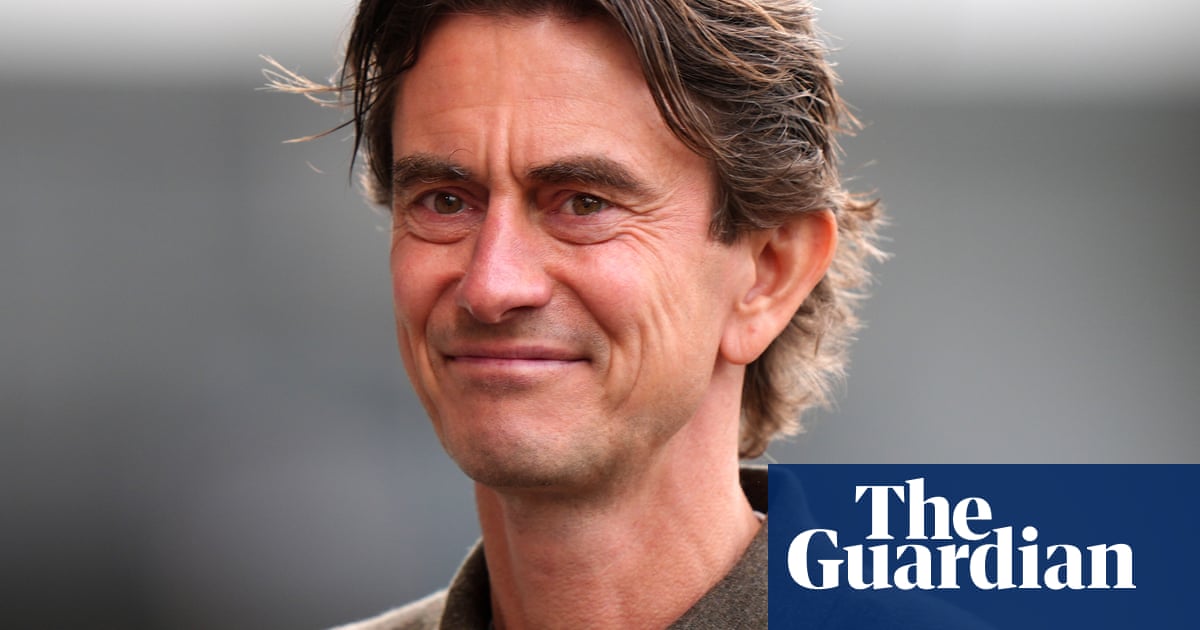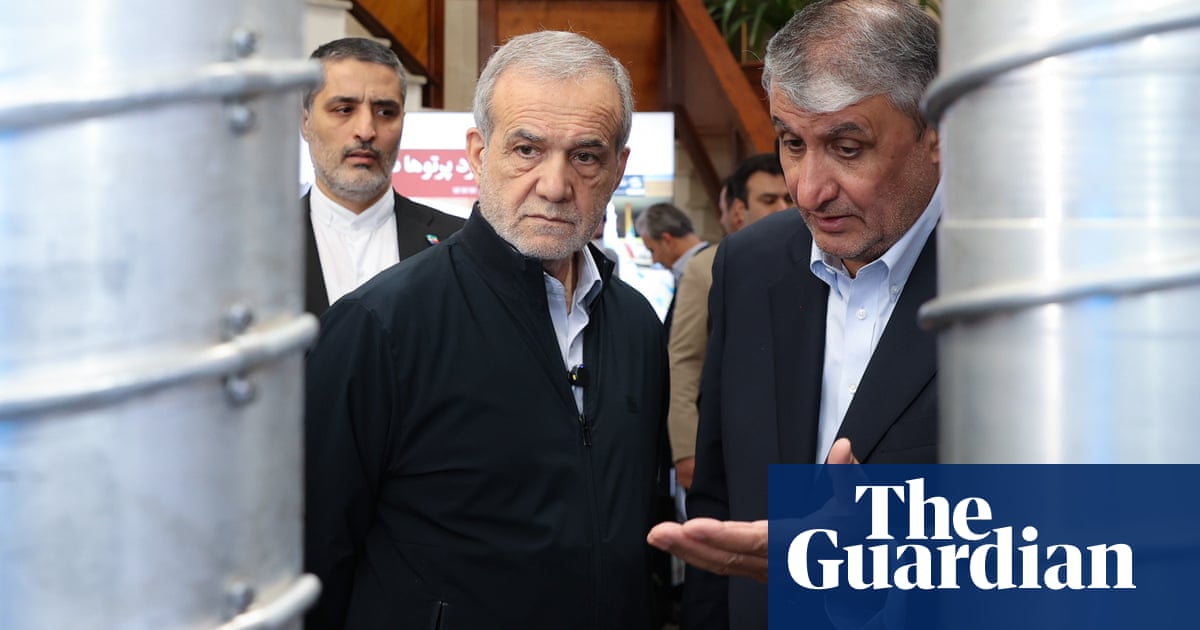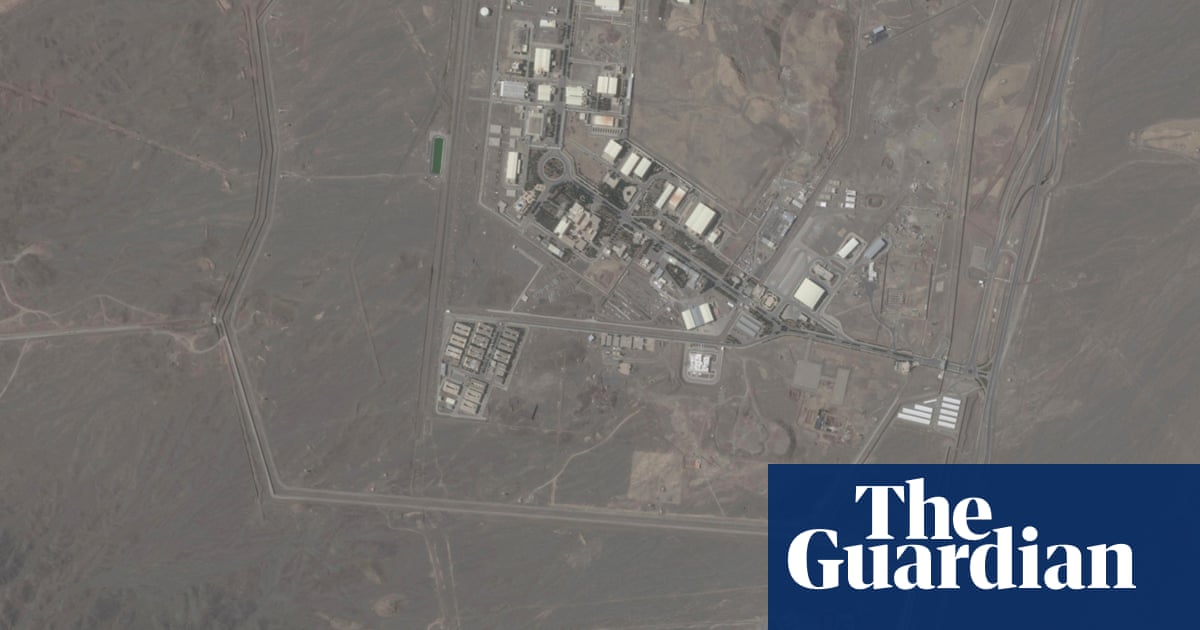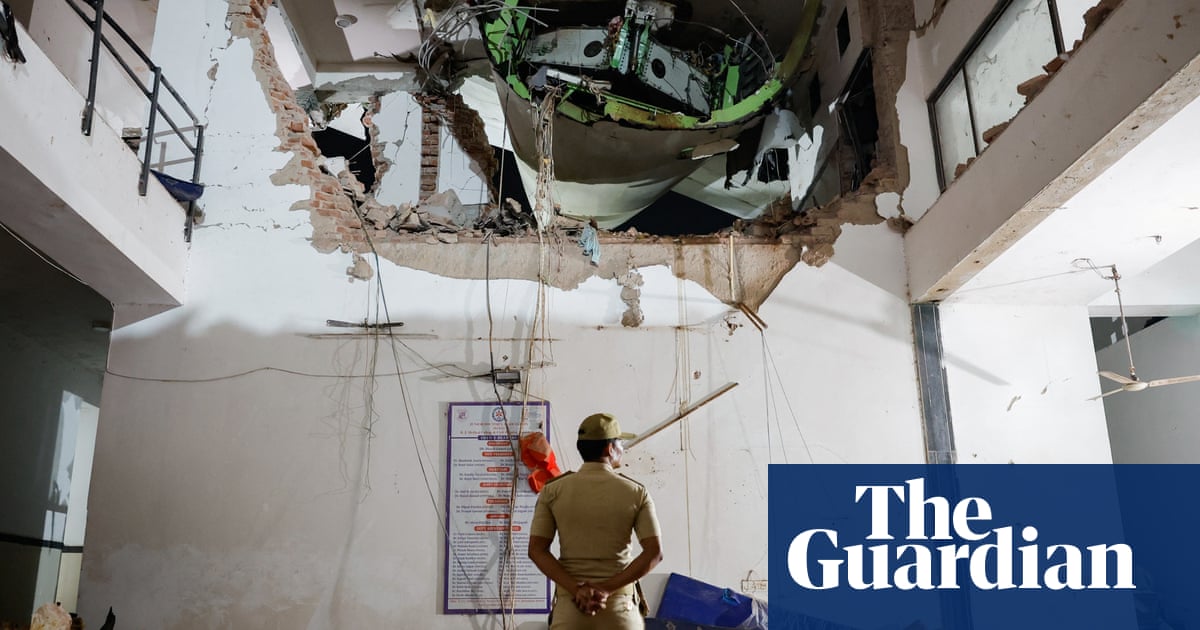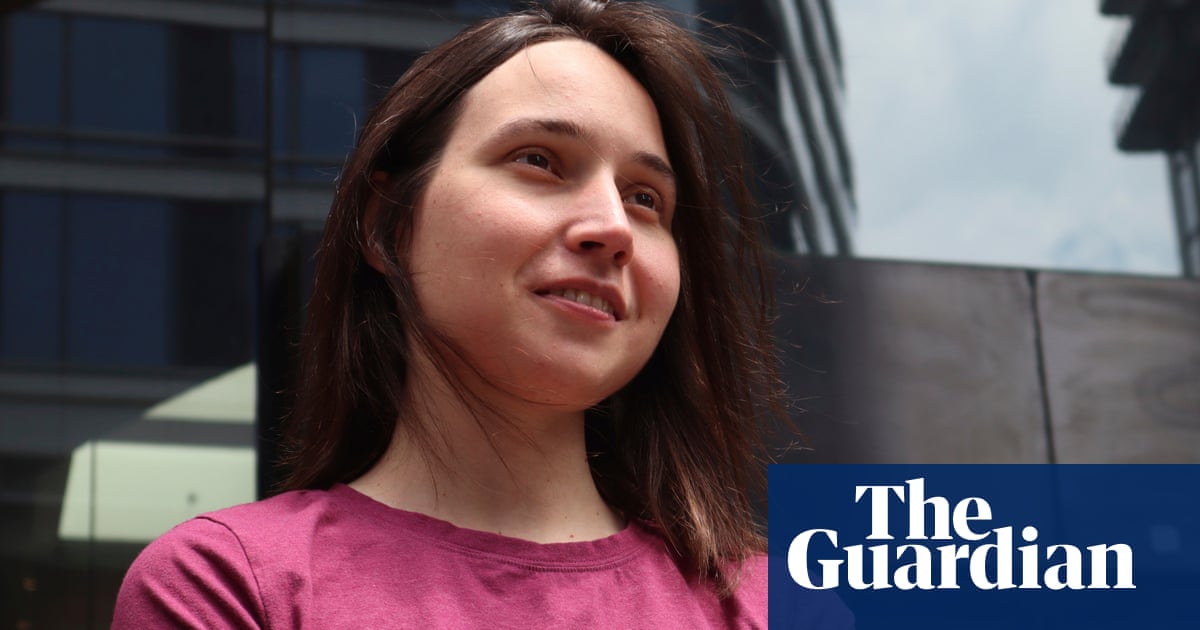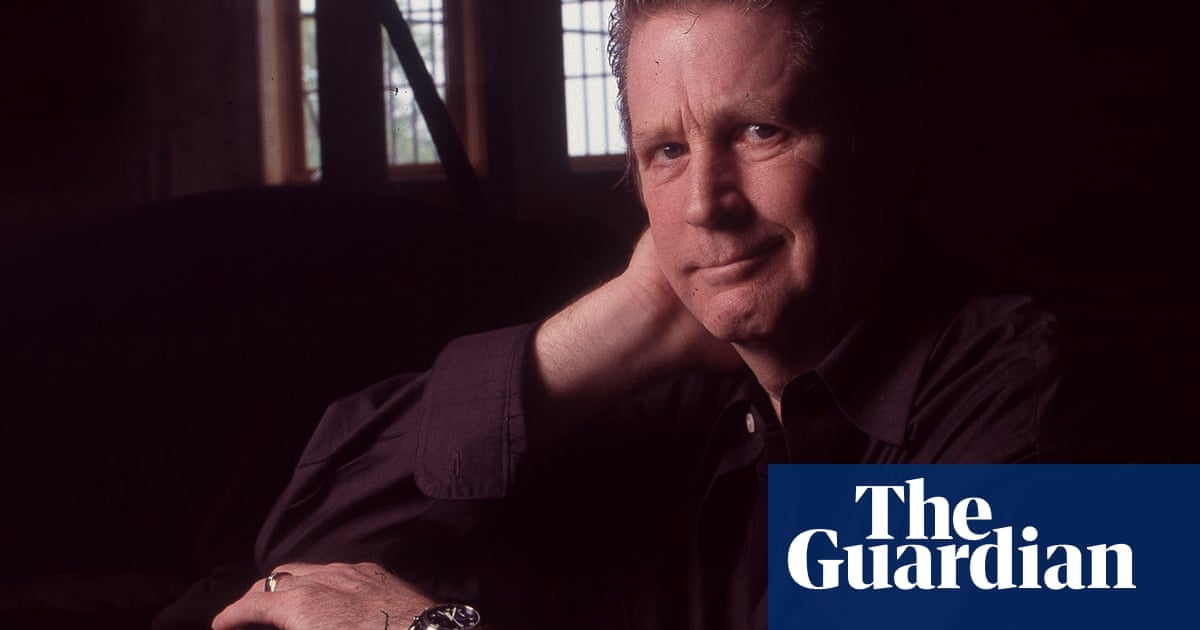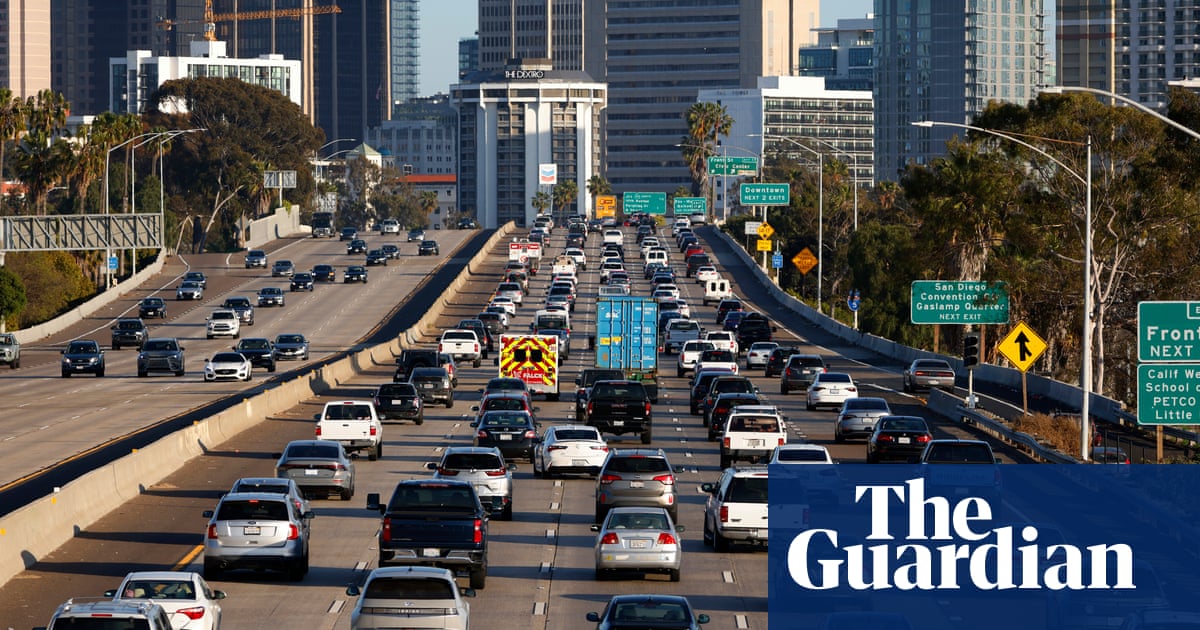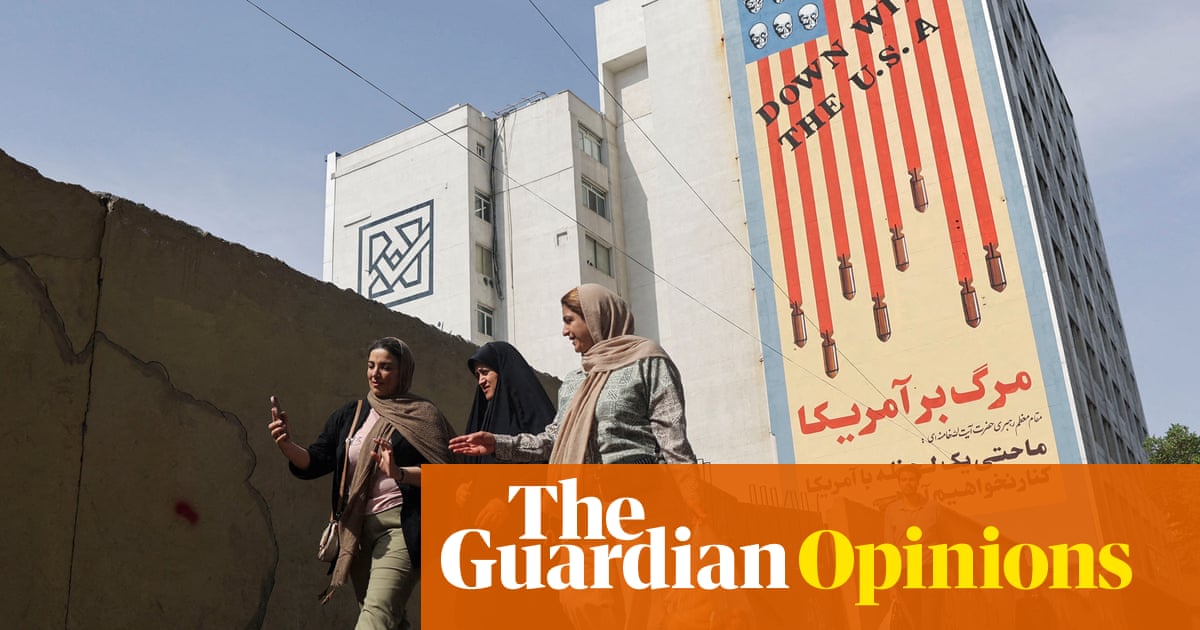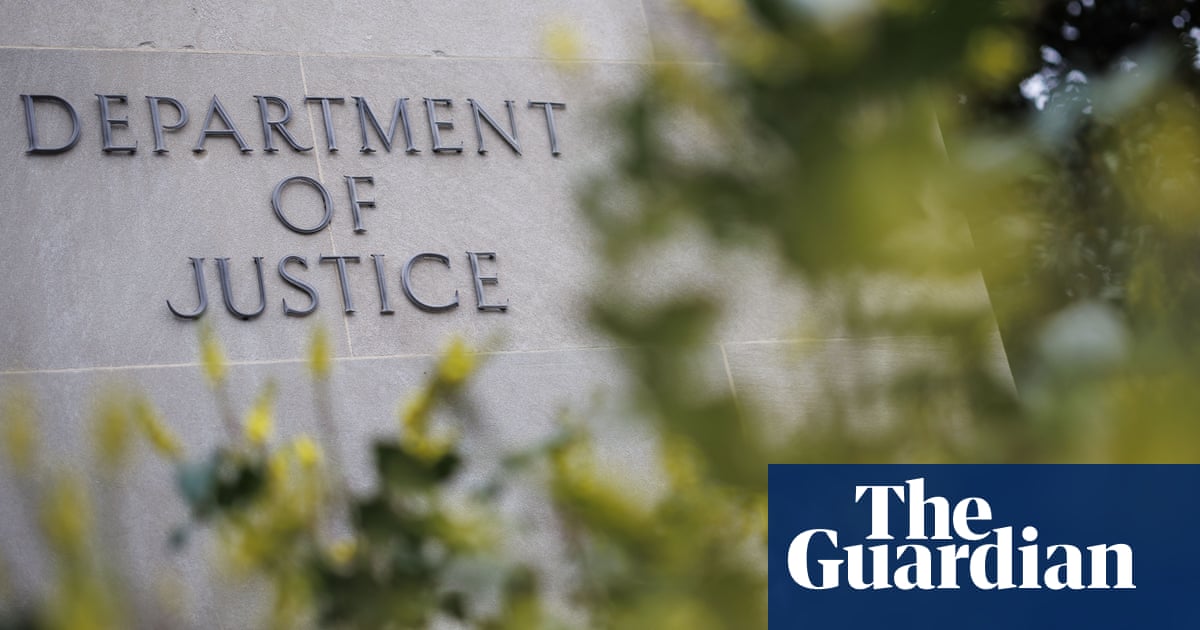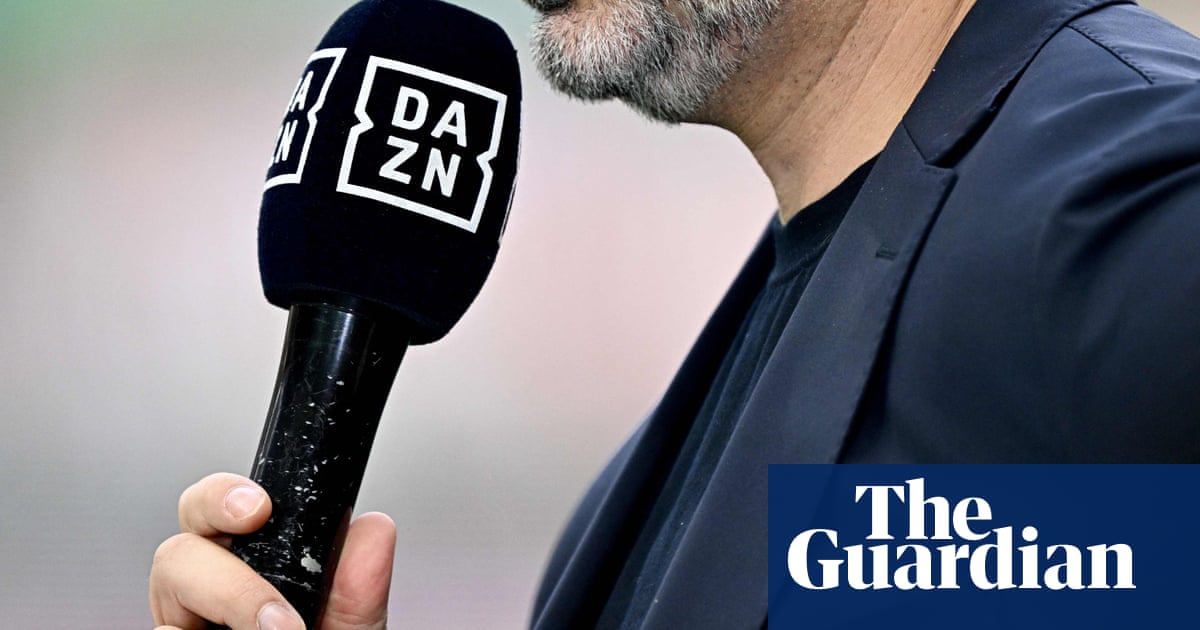Israeli forces killed at least 60 Palestinians in Gaza on Wednesday, most of them as they were seeking food from a US-Israeli distribution scheme, according to local health authorities.
Medical officials said at least 25 people were killed and dozens wounded as they approached a food distribution centre run by the Gaza Humanitarian Foundation (GHF), near Netzarim in central Gaza.
Later in the day, at least 14 people were killed by Israeli gunfire as they were moving towards another GHF distribution site, in Rafah, at Gaza’s southern border. On Tuesday Israeli troops killed 17 Palestinians around GHF sites.
The bodies of two Israel hostages were recovered from Gaza by the army and the internal security service, Shin Bet. The Israeli prime minister, Benjamin Netanyahu, issued a statement naming one of the dead hostages as Yair Yaakov, a 59-year-old father of three who was abducted and killed by Hamas in its 7 October 2023 attack in which 1,200 Israelis were killed and triggered the conflict. Netanyahu said the second hostage whose remains were recovered, could not yet be named.
There are thought to be 53 Israelis hostages still in Gaza, but most are believed to be dead.
The Gaza health authorities said on Wednesday the Palestinian death toll over the 20 months of conflict had passed 55,000. The health ministry was part of the Hamas government but is staffed by medical professionals and its statistics are regarded as reliable by the UN and other global organisations.
Why is it so difficult to report on Gaza?
ShowCoverage of the war in Gaza is constrained by Israeli attacks on Palestinian journalists and a bar on international reporters entering the Gaza Strip to report independently on the war.
Israel has not allowed foreign reporters to enter Gaza since 7 October 2023, unless they are under Israeli military escort. Reporters who join these trips have no control over where they go, and other restrictions include a bar on speaking to Palestinians in Gaza.
Palestinian journalists and media workers inside Gaza have paid a heavy price for their work reporting on the war, with over 180 killed since the conflict began.
The committee to protect journalists has determined that at least 19 of them “were directly targeted by Israeli forces in killings which CPJ classifies as murders”.
Foreign reporters based in Israel filed a legal petition seeking access to Gaza, but it was rejected by the supreme court on security grounds. Private lobbying by diplomats and public appeals by prominent journalists and media outlets have been ignored by the Israeli government.
To ensure accurate reporting from Gaza given these restrictions, the Guardian works with trusted journalists on the ground; our visual teams verify photo and videos from third parties; and we use clearly sourced data from organisations that have a track record of providing accurate information in Gaza during past conflicts, or during other conflicts or humanitarian crises.
Emma Graham-Harrison, chief Middle East correspondent
In recent days, more and more of the fatalities have been associated with GHF food distribution. On Wednesday, a New York-based law group, the Center for Constitutional Rights, warned the GHF of its “potential legal liability for complicity in Israel’s war crimes, crimes against humanity, and genocide against Palestinians”.
“As Palestinians now face mass starvation, Israel has teamed up with GHF to make accessing food not only dangerous and potentially deadly but also a tool of forced displacement,” its senior staff attorney, Katherine Gallagher, said. “If GHF continues its militarised aid operations, it must be prepared to face the legal consequences, whether in the United States or beyond.”
The Israeli government and armed forces are now under scrutiny by the international court of justice on allegations of genocide, in part because of the alleged use of food as a weapon against the occupied territory’s 2.2 million people.
Humanitarian experts had previously warned that the GHF scheme or distributing food from a restricted number of heavily militarised sites would be highly dangerous for people seeking food, forcing them to cross combat zones.
The organisation’s first executive director, Jake Wood, resigned last month, saying its plan ran counter to “humanitarian principles”.
Last week, a US consulting firm, Boston Consulting Group which had helped set up the GHF, severed ties with the organisation. Johnnie Moore, an evangelical leader and religious adviser to Donald Trump, with a record of outspoken support for Israel and minimal experience of humanitarian work, was appointed the new chair of the GHF.
The Israel Defense Forces said troops had fired “warning shots” overnight towards a group it said posed a threat to them. “This is despite warnings that the area is an active combat zone. The IDF is aware of reports regarding individuals injured; the details are under review,” it said.
The GHF told the Reuters news agency it was unaware of Wednesday’s incidents but added that it was working closely with Israeli authorities to ensure safe passage routes are maintained, and that it was essential for Palestinians to closely follow instructions.
“Ultimately, the solution is more aid, which will create more certainty and less urgency among the population,” it said.
“There is not yet enough food to feed everyone in need in Gaza. Our current focus is to feed as many people as is safely possible within the constraints of a highly volatile environment.”
In a social media post, Moore said he had visited a GHF packing and distribution centre in Israel and claimed the organisation provided 2.5 million meals on Wednesday. That would bring the total to 16 million meals distributed in Gaza since it started operations on 27 May.
Also on Wednesday, an Israeli civil rights group, Adalah, said that one of an international group of activists detained by Israel on a ship in the eastern Mediterranean, was being held in solitary confinement.
In a statement it said that a Brazilian protester, Tiago Ávila, was being held in isolation in Ayalon prison “due to his ongoing hunger and thirst strike, which he began two days ago”.
Another activist detained on the Madleen protest ship, a French-Palestinian member of the European parliament, Rima Hassan, was temporarily held in solitary confinement, in Neve Tirza prison after writing “Free Palestine” on a cell wall.
“She was moved to a small, windowless cell with extremely poor hygienic conditions and has been denied access to the prison yard,” Adalah said. It added that Hassan had been moved out of isolation on Wednesday. There was no immediate response from the Israeli foreign ministry to the reports of solitary confinement.

 1 day ago
13
1 day ago
13
